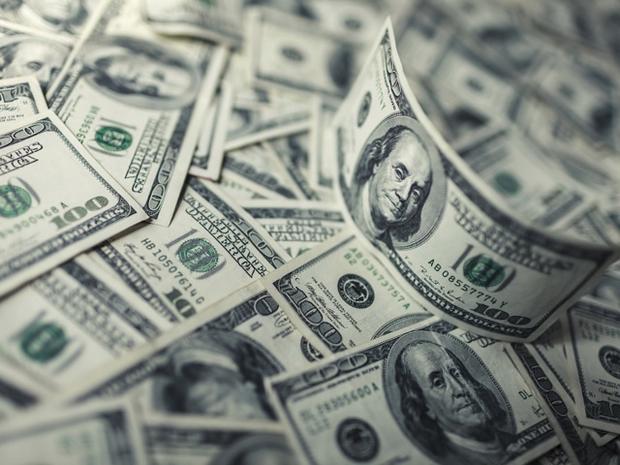A chilling effect on outside political groups?
Updated 2:15 p.m. ET
An investigation by the New York attorney general and comments by an Internal Revenue Service official could impact contributions to the outside political groups seeking to influence the 2012 election.
A source close to the investigation confirmed to CBS News on Wednesday that Attorney General Eric Schneiderman is investigating the National Chamber Foundation, the charitable arm of the U.S. Chamber of Commerce.
The investigation centers on $19 million in donations to the National Chamber Foundation from a group called the Starr Foundation between 2003 and 2005. According to Schneiderman's office, the National Chamber Foundation told Schneiderman's office during that period that it had "loaned" roughly $18.1 million to the U.S. Chamber of Commerce during that period.
While the National Chamber Foundation is a charity organization, the Chamber itself is not. The attorney general is looking into whether the Chamber used the charitable funds that came from Starr for decidedly non-charitable purposes, specifically, political campaigns, according to the source. Schneiderman issued subpoenas for emails and other records Tuesday to National Chamber Foundation officials.
The Chamber is one of the largest outside spending groups seeking to influence the election, and it largely works in the interest of Republicans. It has vowed to spend more than $50 million on advertising in the 2012 campaign cycle.
The Chamber released a statement to CBS News suggesting that the investigation was grounded in partisan politics.
"In the midst of a highly charged political season, it comes as no surprise that the New York State Attorney General would use his office to rehash a very old story about the Chamber's finances," said the Chamber's Thomas J. Collamore.
Meanwhile, the Wall Street Journal on Thursday seized on comments by an IRS official that may indicate that the groups is moving toward an audit or investigation of the tax-exempt status of these outside groups.
As Bloomberg BNA first reported last week, Holly Paz, IRS director of exempt rulings and agreements, indicated on June 22 that the IRS is sending a questionnaire to so-called "social welfare organizations" that claim tax-exempt status. "Questionnaires, which the IRS develops and then asks exempts to voluntarily fill out, have become a mainstay for gathering information about the sector--and setting the stage for audits," reported BNA.
The IRS declined to comment on whether it was investigating the groups. "Federal law prohibits the IRS from discussing or commenting on any particular situation or case," an IRS representative told CBS News.
At issue is whether certain outside political groups are spending too much of their money on political activity. Groups incorporated under the 501(c)4 section of the tax code, which are also known as "social welfare organizations," are tax-exempt and cannot have politics as their primary purpose. They also do not have to reveal their donors to the public. Critics have long contended that these groups are primarily political organizations that should not have tax-exempt status.
The Wall Street Journal story spotlighted the Karl Rove-linked group 501(c)4 Crossroads GPS as a potential IRS target, though there is no evidence that the group is being singled out.
"Crossroads is careful to comply with all aspects of the law," said Crossroads GPS spokesman Jonathan Collegio. "At the end of the day, Crossroads is in the same boat as every other nonprofit, labor union or trade association."
The IRS move may be related to the fact that "social welfare" groups must only report activity to the IRS once a year. The reports often come in long after an election is concluded.
"They're kind of flying blind in terms of what's happening," said Bob Biersack of the The Center for Responsive Politics. "And my guess is that they're really trying to find out what is actually taking place a little closer to real time than they'll get in the normal course."
Biersack said the IRS move, while unlikely to result in action before November, could have a chilling effect on donations to Crossroads and other groups from donors who fear their identities could eventually be exposed.
"If there are people who genuinely did this only because they thought they were guaranteed anonymity, yeah it would chill them," he said.
